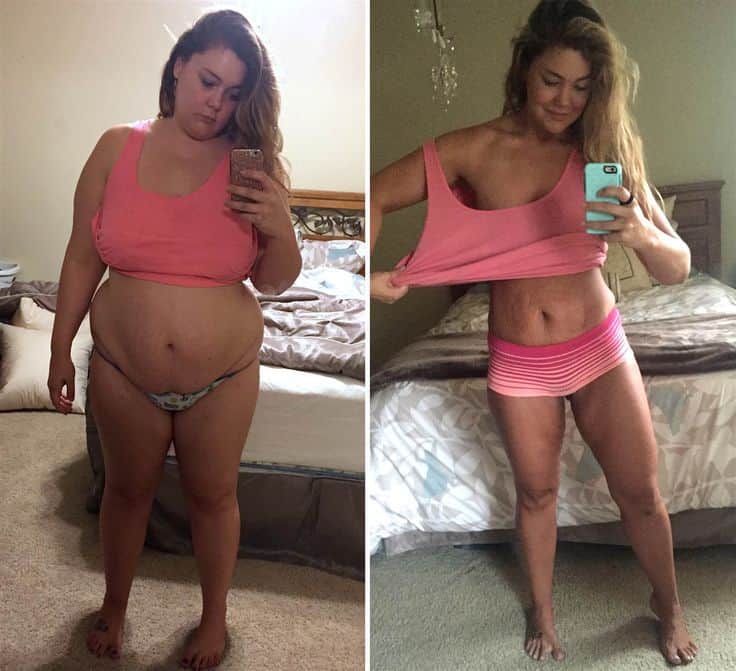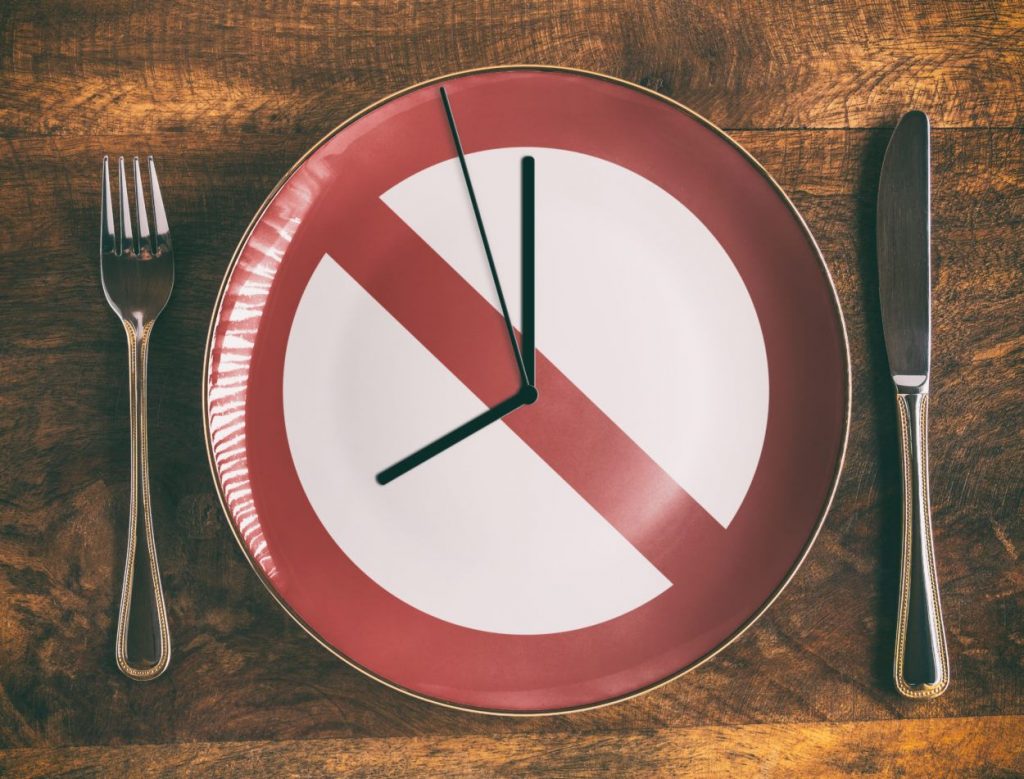Any of these Overlooked Dieting Errors Will Sideline Your Weight Loss

|
Ads we feature have been independently selected and reviewed. If you make a purchase using the links included, we may earn commission, which helps support the site.
This article was updated on 04/09/22.
In order to lose weight or improve health, a lot of people are ditching traditional diet fad methods and turning to intermittent fasting (IF). There are many motivations for doing this but two seem to pop up over and over. First, traditional diets are hard. They are too food-restrictive which leads to just giving up. Second, the “diet foods” are expensive or hard to come by.
Intermittent fasting solves both of these issues. It is very user-friendly; there are a variety of methods to choose from to accommodate preferences and lifestyles. None make you cut out your favorite foods. You don’t have to be constrained to buy programmed prepackaged meals (as seen on TV) or search high-and-low for specialty items. Eat what you like or check out alternate and affordable dietitian-recommended foods. But, weight-loss on any diet can plateau, and IF is no different. Here are some intermittent fasting mistakes to be aware of.
Intermittent Fasting Trip-Ups
- Triggering Insulin Spikes. When we are on an IF regimen, the whole point is to keep our metabolism train rumbling along without ingesting anything that causes an insulin spike. Unfortunately, these may not be obvious; hey, it’s just a little thing, right? But no. Consider that splash of coffee creamer. Or, consider that pain pills like Advil that have sugar in the coating. Or, how about swallowing a bit of toothpaste whilst staring gloomily at the mirror? All of these things seem inconsequential, but they effectively break-your-fast (ever wondered where the word “breakfast” came from?).
- Not Drinking Enough Water. Fasting without drinking circumlocutions your intention. Your damaged cells and/or other wastes that hang out in your body cannot be expelled without H2o giving them the old heave-ho. How much water per day day do you need? It depends on who you ask. But, the Mayo Clinic tells us, “About 15.5 cups (3.7 liters) of fluids a day for men and About 11.5 cups (2.7 liters) of fluids a day for women.”1 If you just find this much water boring, as many people do, just add some Mio liquid water enhancer drops to it. It has 0 sugar, 0 calories, and tastes great!
- Breaking Your Fast With Incorrect Foods. When coming off your fast, ingesting the proper types of foods is important. Since your stomach shrinks during a fast and your stomach lining is moderately thin, too much food is a bad idea. Further, you will want to break your fast with a clean protein. Think Bone broth, protein supplements, or milk alternatives like almond milk.
- Choosing the Wrong Intermittent Fasting Plan (Method). Don’t shortchange yourself and set yourself up for failure. There is a reason there are so many plans. Choose one that suits both your goals and your lifestyle. For example, I started with the 16/8 method. Basically this involves skipping breakfast and eating nothing after 8 PM. It just suits my schedule working from my home office.
- Eating Too Much During Your Eating Window. This is recognized as the most common trap people fall into with IF. If you’ve chosen a particularly restrictive regimen (ah, optimism) that leaves you hungry for hours of the day, you’re most likely to go a little bit overboard the moment the clock says “It’s time to eat.”
- Or, You’re Not Eating Enough During Your Eating Window. What? Sure enough, not eating enough is also a real cause of gaining weight, and here’s why. As well as setting you up to eat too much of less-than-healthy items during your eating window, not eating enough cannibalizes your existing muscle mass which in turn causes your metabolism to slow down. Who knew?
- Ignoring the What in Favor of the When. Yes, this diet plan is time oriented rather than food-choice oriented. But that doesn’t mean all junk food is mana. McDonalds is not your ultimate destiny! When you eat, focus on nutrient-dense food choices. If you are like me, cooking at home with the spirit of invention is fun!
So there you have it; these are the intermittent fasting mistakes. Some are obvious, others are slap-your-forehead so not so much. Remember that if addressing these issues isn’t turning you into the fat-burning machine you want to be, you can always try another IF method.

References
- Mayo Clinic Staff, Mayo Clinic, Water: How much should you drink every day?, https://www.mayoclinic.org/healthy-lifestyle/nutrition-and-healthy-eating/in-depth/water/art-20044256
Related Articles
- Introduction to Intermittent Fasting
- The 11 Most popular Diets
- 5 Foods Dietitians Recommend
- 10 Bad Habits That Result in a Slow Metabolism
- Home Office Build-Out Tips
- How to Stop Overeating
Looking for more great content? Visit our main page or partner sites:
I offer article and blog-writing services. Interested? Contact me for a quote!
Did you find this article helpful? Millions of readers rely on information on this blog and our main site to stay informed and find meaningful solutions. Please chip in as little as $3 to keep this site free for all.





